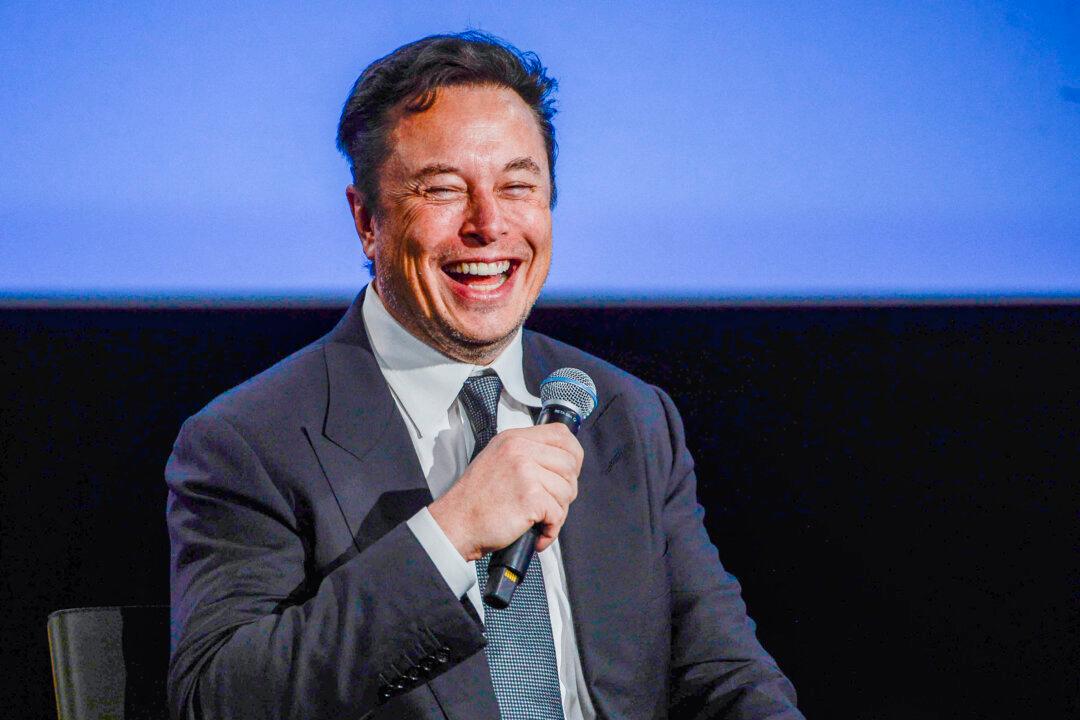Elon Musk has criticized mainstream media outlets over their coverage of the so-called “Twitter Files.”
“Why is corporate journalism rushing to defend the state instead of the people?” Musk wrote on Twitter on Dec. 27, in response to a tweet from journalist and documentary filmmaker Leighton Woodhouse. The latter was sharing his new Substack post about how corporate media rushed to defend the FBI and the state instead of exposing them.





